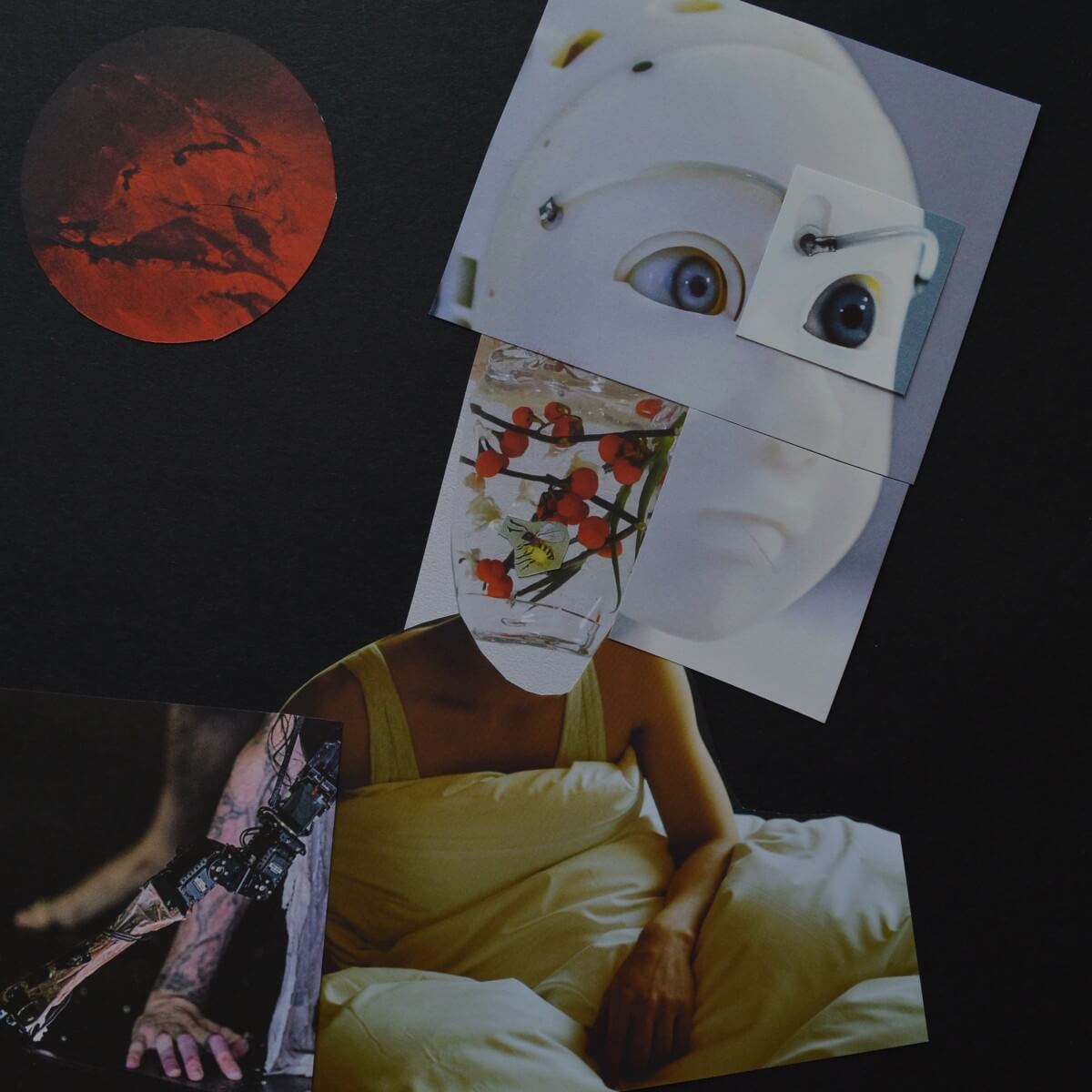Andrea Ford, The University of Edinburgh; Giulia de Togni, University of Edinburgh; Sonja Erikainen, University of Edinburgh
virPrague 20: Big Data, Information Sciences, Technosphere
As hyper-realistic social robots are being produced, the distinction between humans and machines may soon become imperceptible. Comfort levels with human-like robots vary greatly depending on location. For instance, in Japan – the world leader in the production of social assistive robots – the levels of acceptability seem higher than in Europe, with rising demand for robots that could potentially help in nursing care. Why is the development of human-like emotions in robots unsettling for many? Why are some people worried about machines becoming just like us? Our digital installation provocatively invites participants to consider the present and potential (re)combinations of human, animal and robotic bodies in creative, novel, surprising, perhaps even disgusting and amazing ways. We will create a digital space of examples of bodily fluidity and bodily futurity for inspiration, uploading our own collages and juxtaposing them with quotations from social theorists and factual examples of existing and speculated bodily recombinations (and their uses). Such bodies are beyond natural, beyond categorical, beyond good and bad. Such bodies recombine human, mechanical, and animal parts; gendered versions of bodily performance; datafied/digital bodies; anatomical systems/organs; and materials that transgress bodily boundaries like food, drugs, excreta, and microbes.

